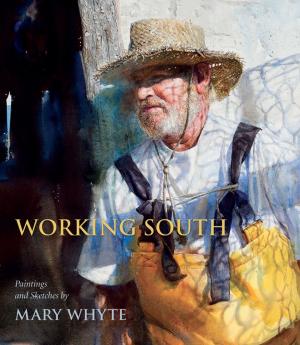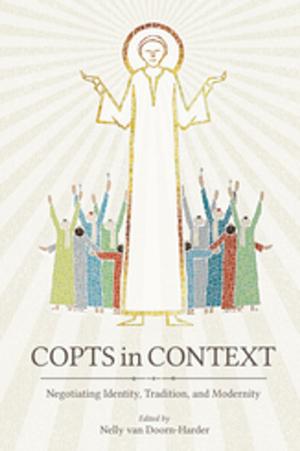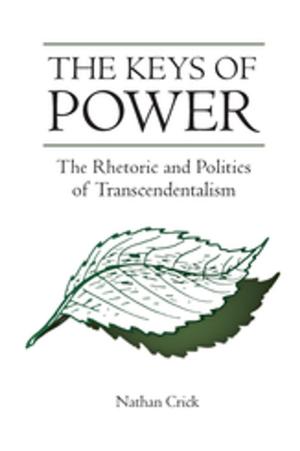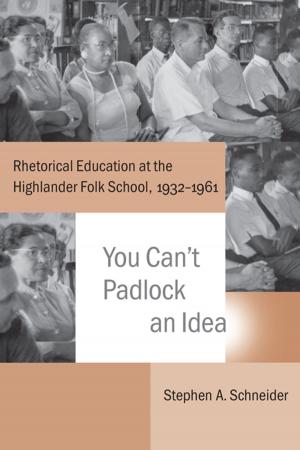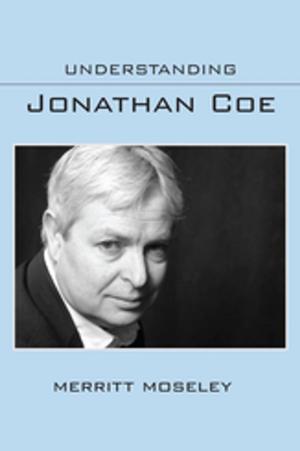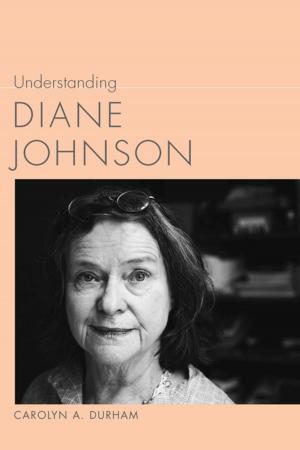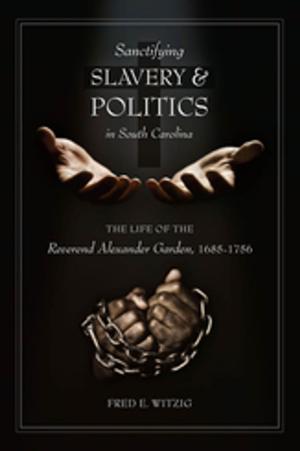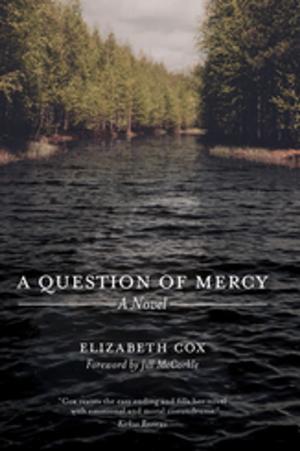| Author: | Bryant Mangum, Linda Wagner-Martin | ISBN: | 9781611179347 |
| Publisher: | University of South Carolina Press | Publication: | February 7, 2019 |
| Imprint: | University of South Carolina Press | Language: | English |
| Author: | Bryant Mangum, Linda Wagner-Martin |
| ISBN: | 9781611179347 |
| Publisher: | University of South Carolina Press |
| Publication: | February 7, 2019 |
| Imprint: | University of South Carolina Press |
| Language: | English |
In Understanding Alice Adams, Bryant Mangum examines the thematic intricacies and astute social commentary of Adams’s eleven novels and five short story collections. Throughout her career Adams was known for creating and re-creating the “Alice Adams woman,” who is bright, honest, attractive, thoughtful—and sometimes a bit offbeat. As Mangum notes, Adams’s central characters—her heroes—are most often women struggling toward self-sufficiency and independence as they strive to fulfill their responsibilities, including child rearing and other societal commitments. After an overview of Adams’s life (1926–1999), Mangum groups the novels and stories by the decades in which they were published, since shifts in the thematic arc of Adams’s fiction break conveniently along those lines. He explains how Adams used the novel as an extended workshop for her short fiction. Her novels cover wide swaths of the American experience, and from these sweeping narratives she distilled her sharp, lyrical, vibrant short stories, which earned her twenty-three O. Henry Awards—including six first-place recognitions and a lifetime achievement award—an honor shared with only Joyce Carol Oates, John Updike, and Alice Munro. In this study Mangum explores how Adams treats love, family, work, friendship, and nostalgia. He identifies hope as a thread that links all her main characters, despite how accurately she had anticipated the complexities and challenges that accompanied increased freedom for women in the later twentieth century.
In Understanding Alice Adams, Bryant Mangum examines the thematic intricacies and astute social commentary of Adams’s eleven novels and five short story collections. Throughout her career Adams was known for creating and re-creating the “Alice Adams woman,” who is bright, honest, attractive, thoughtful—and sometimes a bit offbeat. As Mangum notes, Adams’s central characters—her heroes—are most often women struggling toward self-sufficiency and independence as they strive to fulfill their responsibilities, including child rearing and other societal commitments. After an overview of Adams’s life (1926–1999), Mangum groups the novels and stories by the decades in which they were published, since shifts in the thematic arc of Adams’s fiction break conveniently along those lines. He explains how Adams used the novel as an extended workshop for her short fiction. Her novels cover wide swaths of the American experience, and from these sweeping narratives she distilled her sharp, lyrical, vibrant short stories, which earned her twenty-three O. Henry Awards—including six first-place recognitions and a lifetime achievement award—an honor shared with only Joyce Carol Oates, John Updike, and Alice Munro. In this study Mangum explores how Adams treats love, family, work, friendship, and nostalgia. He identifies hope as a thread that links all her main characters, despite how accurately she had anticipated the complexities and challenges that accompanied increased freedom for women in the later twentieth century.

